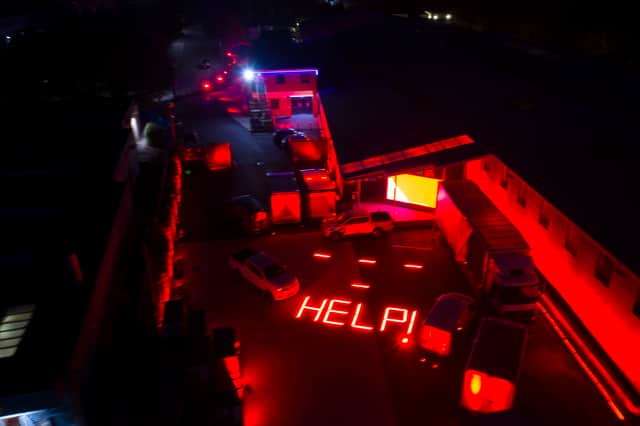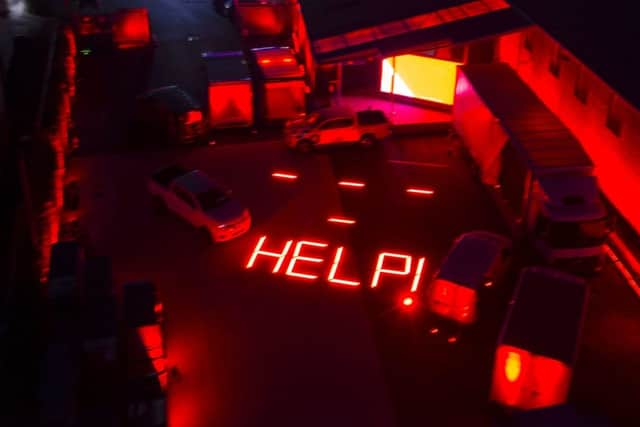What has changed in the entertainment world in the past six weeks - and what still needs to happen


It’s been six weeks since we launched our campaign to support live arts venues and, while there are some signs of progress, the future remains shrouded in uncertainty.
The government initially announced that theatres and music venues in England would be allowed to reopen on August 1 for socially distanced audiences.
Advertisement
Advertisement
But as concerns grew of a rise in Covid-19 infections, the reopening was postponed.
They were finally allowed to open their doors again to audiences from Saturday August 15 but the nature of live shows, and the costs involved in staging them, have meant many remain closed.
Mark Davyd, chief executive of the Music Venue Trust, said: “Unfortunately, it remains the case that the vast majority of grassroots music venues are not financially able, or even have the physical premises layout, to deliver these newly permitted events.
“However, despite the challenges the announcement presents, we broadly welcome this progress towards the return of live music. If gigs are going to return in stages, which is the government’s plan, then we have reached stage four of that plan and can begin to imagine that stage five, real gigs at real venues, might be achievable in the foreseeable future.
Advertisement
Advertisement
“Those English venues that can create events that comply with this new guidance, about 100 across the country of the 900 currently closed, will be hugely relieved to finally be able to open their doors in the coming weeks. We hope that the public will support the events that can now happen."


Meanwhile, the government’s much-publicised £1.57 billion fund to support the arts is yet to make its way to venues.
The Royal & Derngate theatre in Northampton is among various regional theatres to have had to make redundancies and cancel their lucrative Christmas pantomimes.
Artistic director James Dacre said: “Attending our pantomime and Made in Northampton family show is an important tradition for so many families across Northamptonshire and it is heartbreaking that we won’t be able to welcome the nearly 50,000 audience members that normally visit our theatres during the festive season. We will continue to explore how we might create other smaller-scale events and activities this Christmas, where possible within government guidelines.”
Advertisement
Advertisement
An industry collective of trade bodies, businesses and freelancers affected by the shutdown have launched a campaign called #WeMakeEvents: Red Alert. It aims to have financial support extended for the people and companies in this sector until they can return to work.
The live events sector employs about a million highly skilled people in the UK, none of whom have had work for the past four months, with many fearing there is little likelihood of restarting until spring 2021. The sector includes a huge supply chain of companies ranging from event production to audio, lighting, video, logistics, planning, transportation and some of the world’s leading technology manufacturers.
Tom Warden of Milton Keynes event production company IPS, which employs 45 people and has had barely any work since the end of February, said: “Without major immediate support from government, the entire supply chain is at risk of collapse. Live events around the world and across the entire landscape of major festivals, landmark theatres, to grassroots venues and business events have been devastated by COVID-19.
“The UK is regarded as a world leader in delivering complex events and we risk losing it forever.”
* This article is part of The Show Must Go On, JPIMedia's campaign to support live arts venues